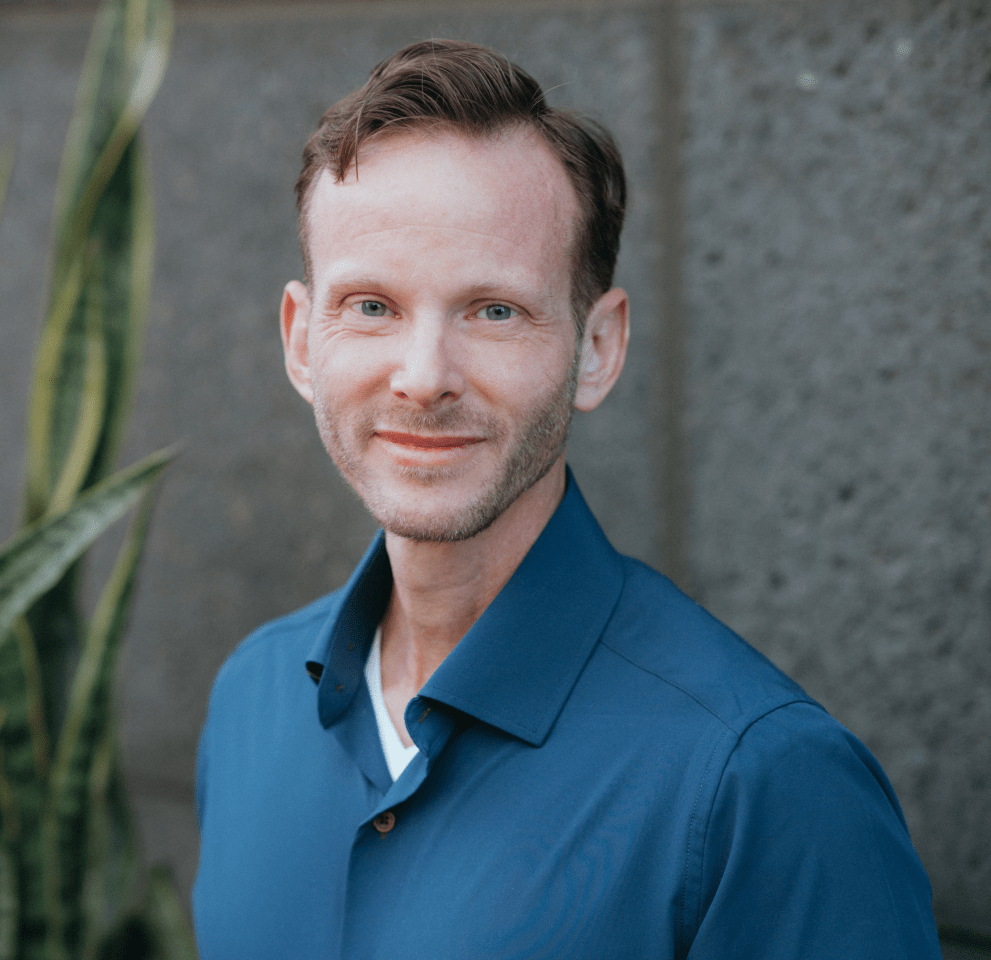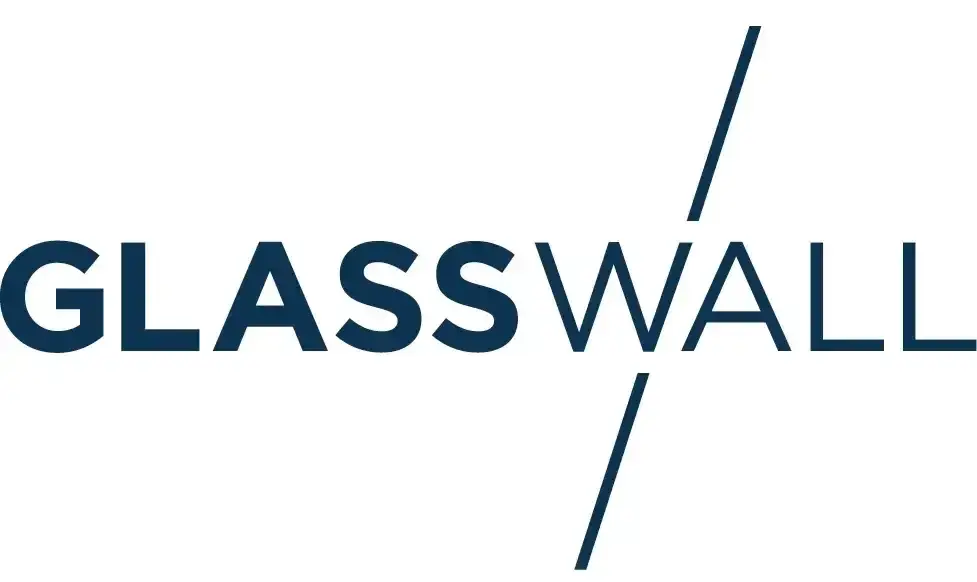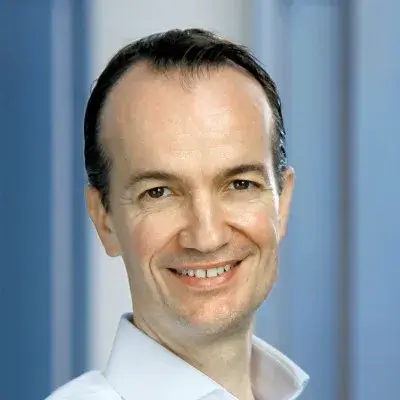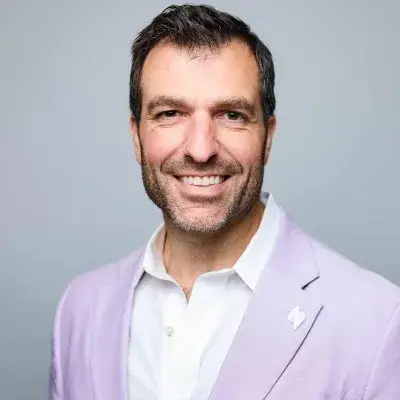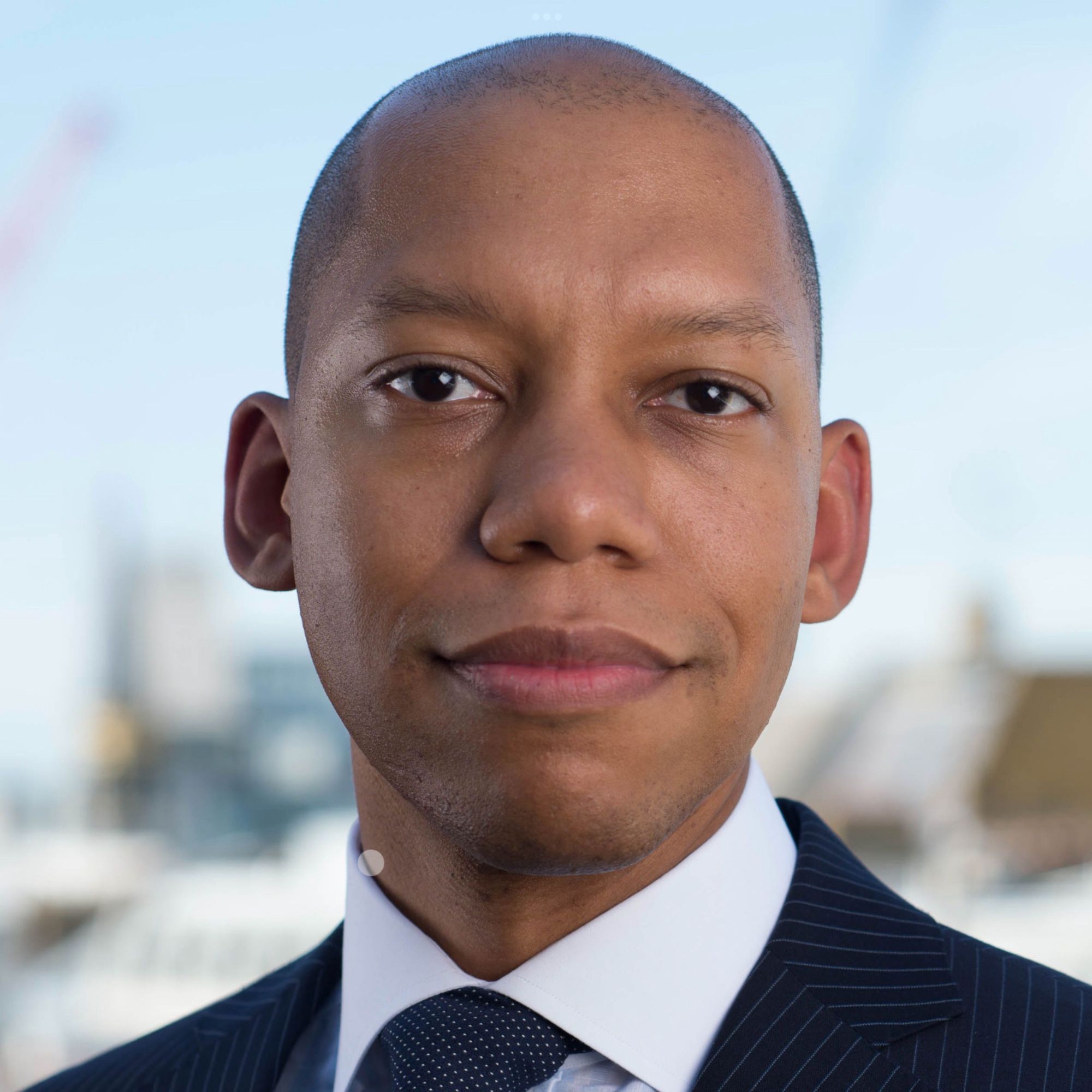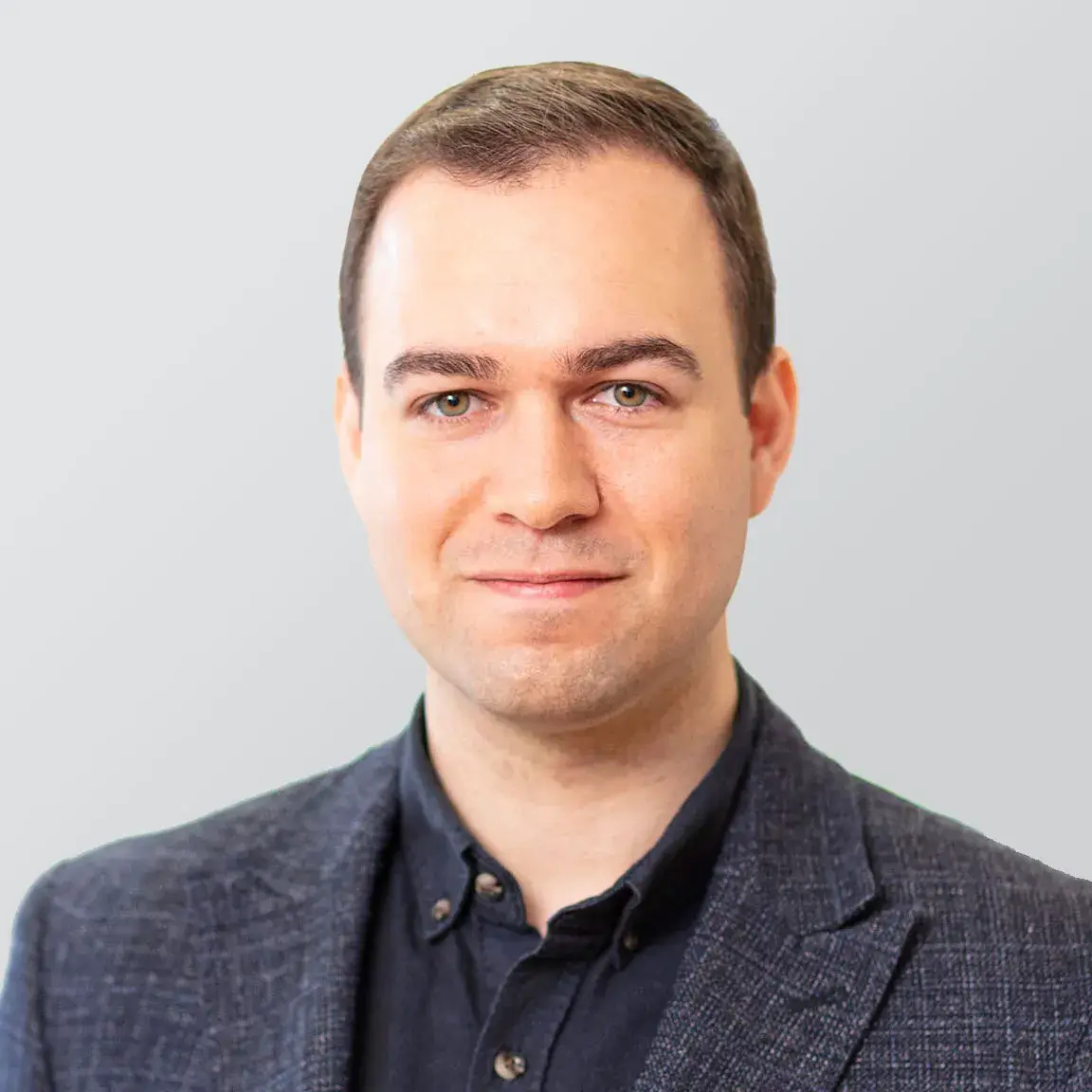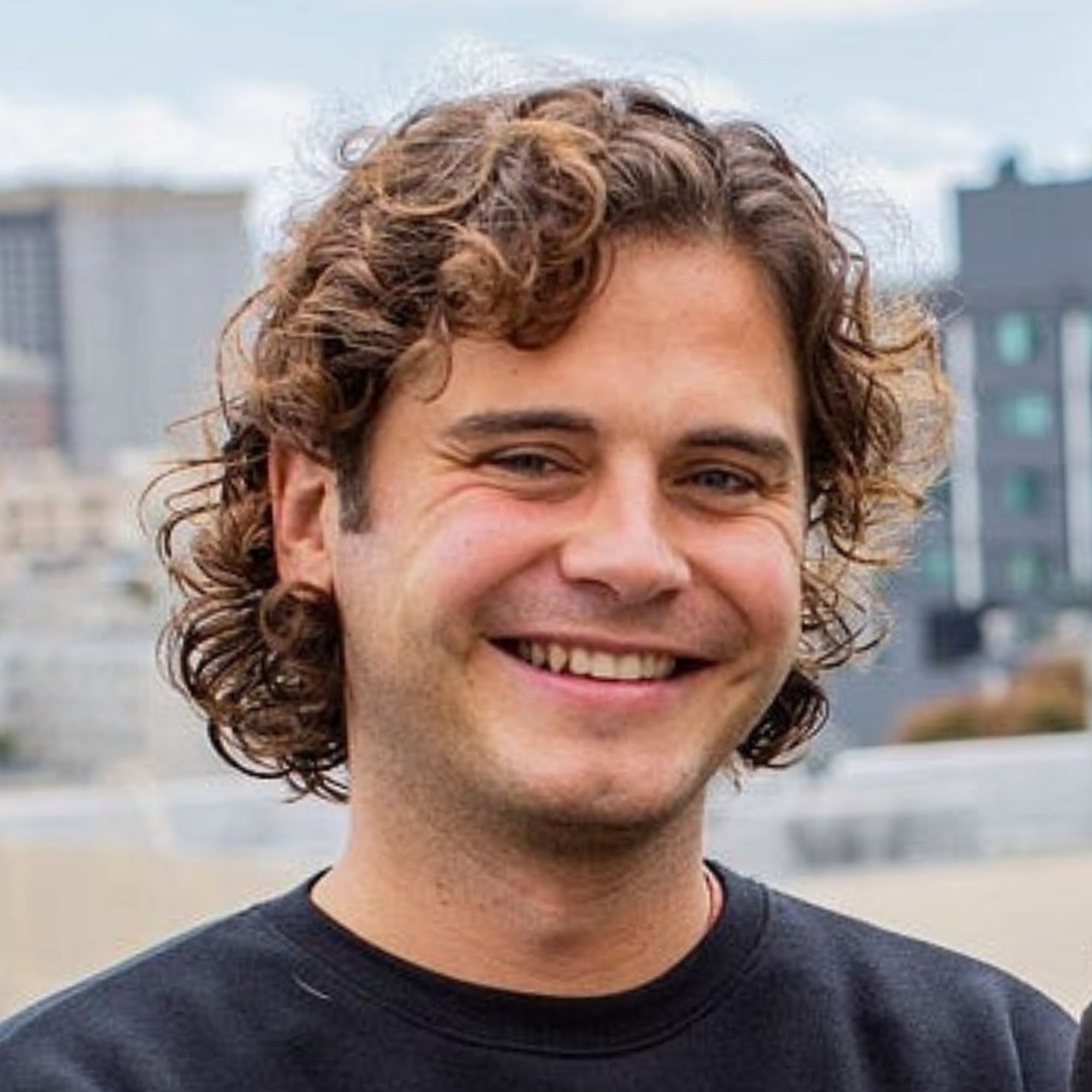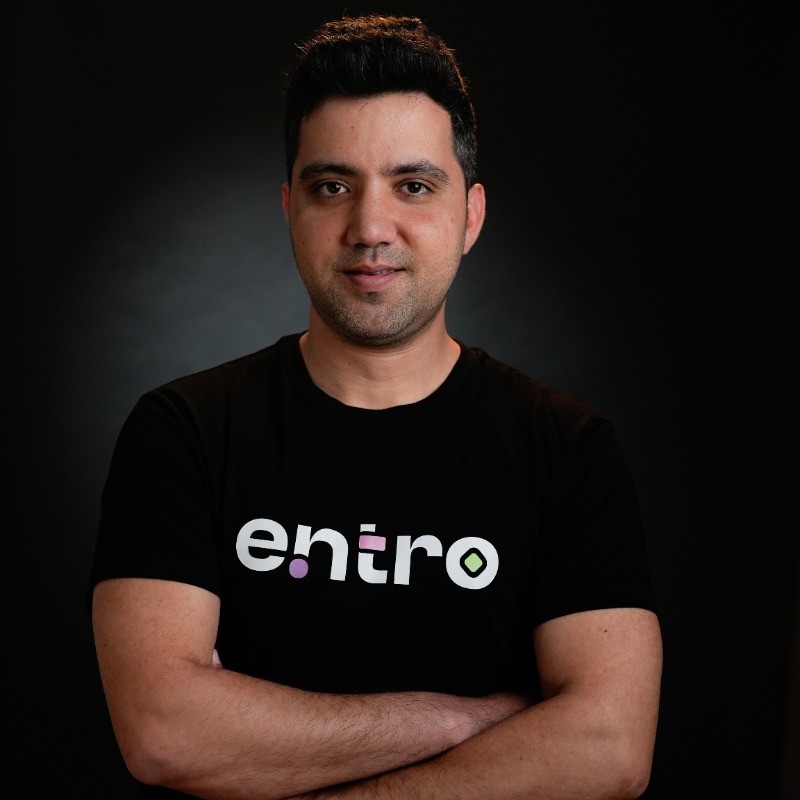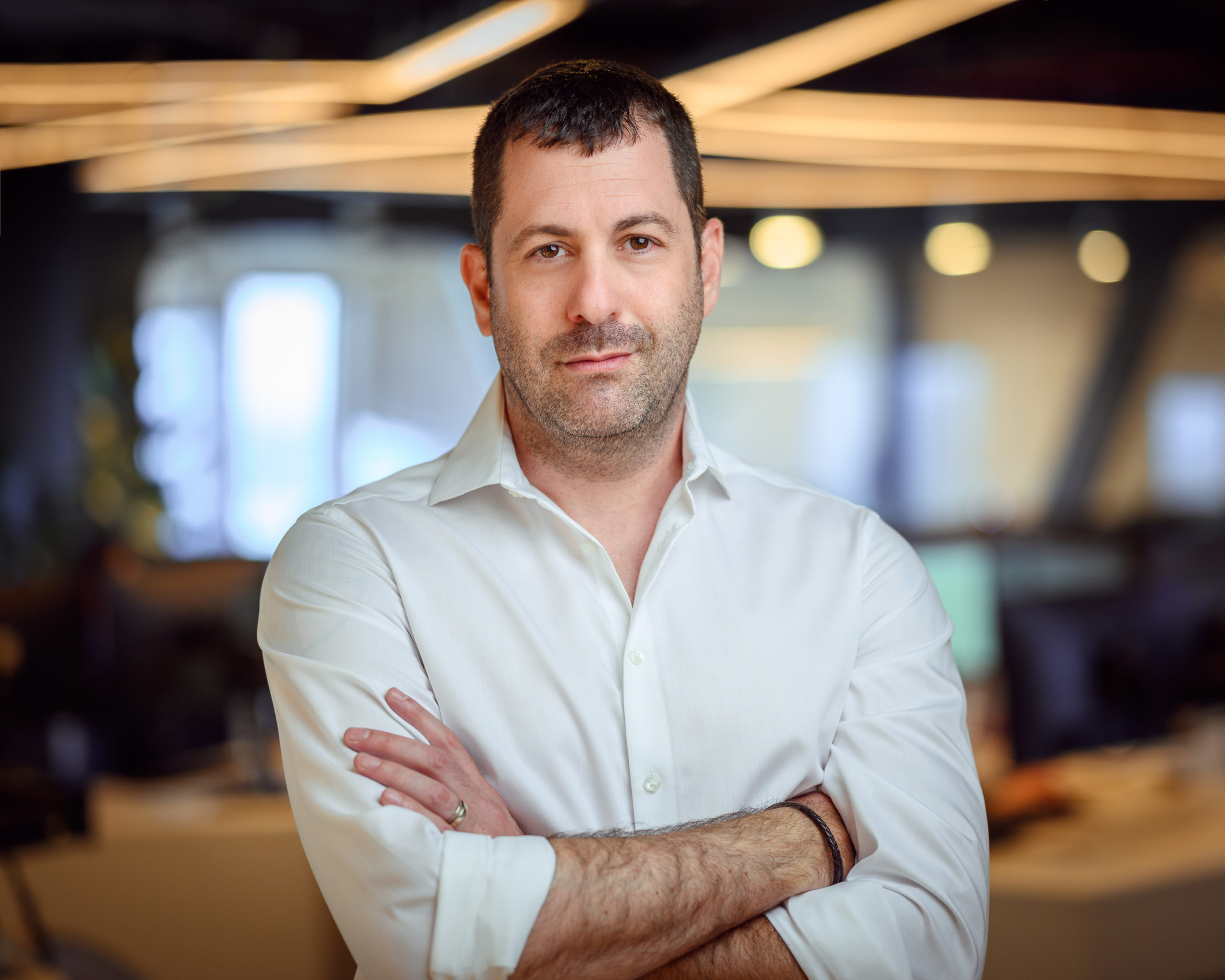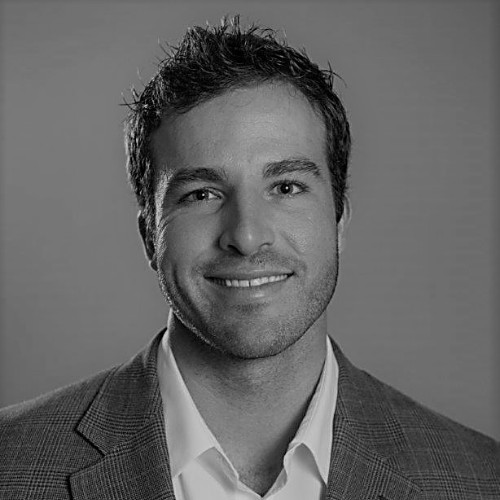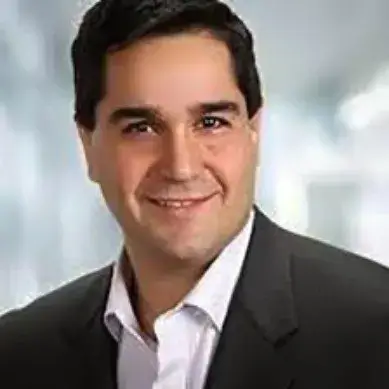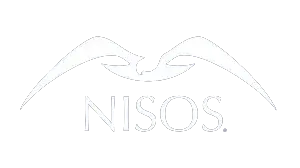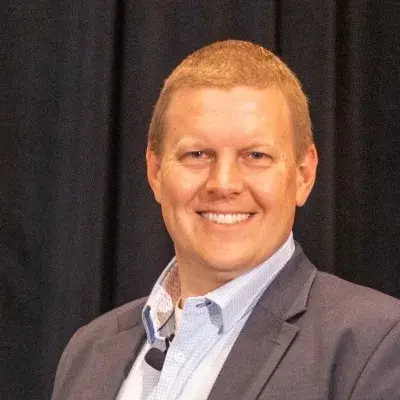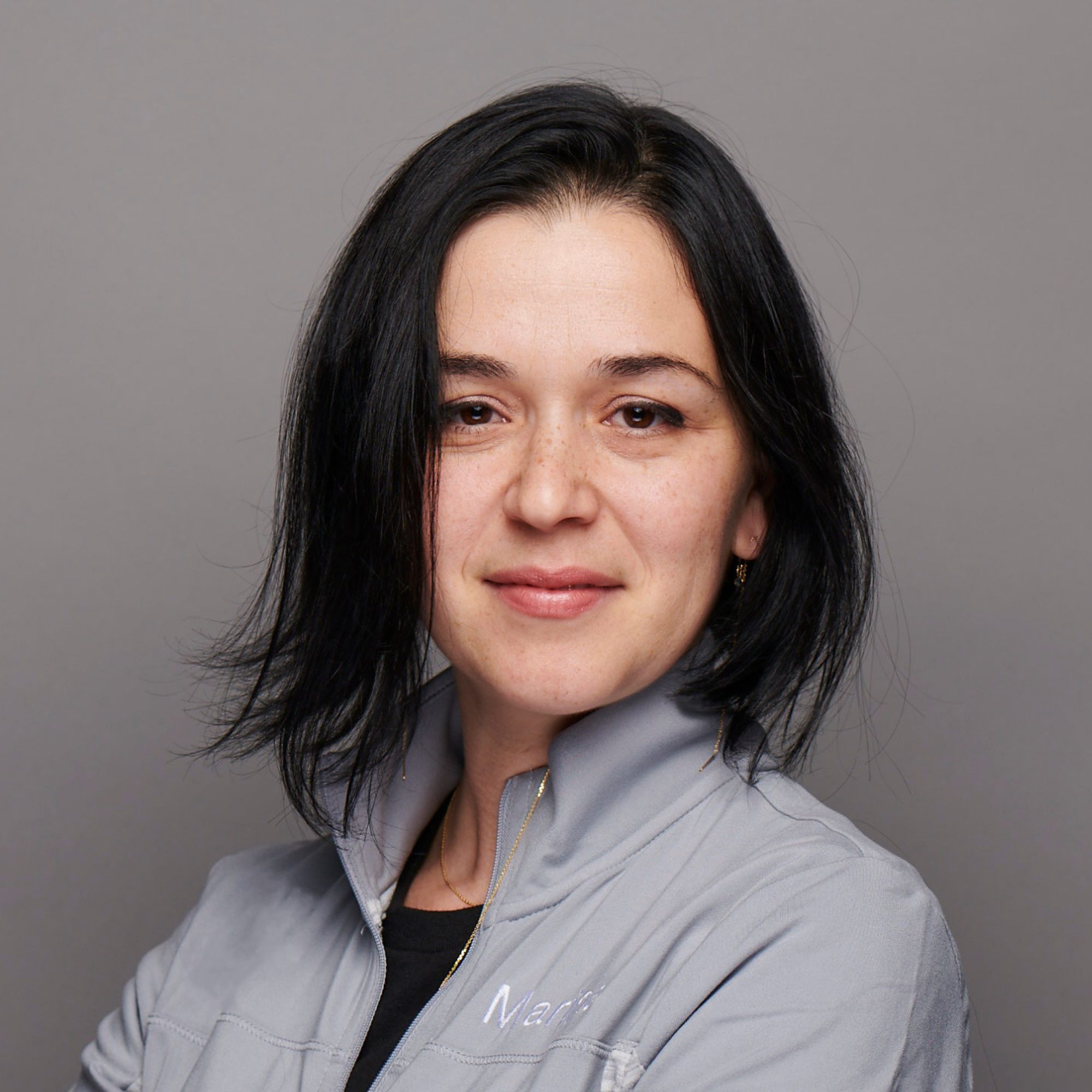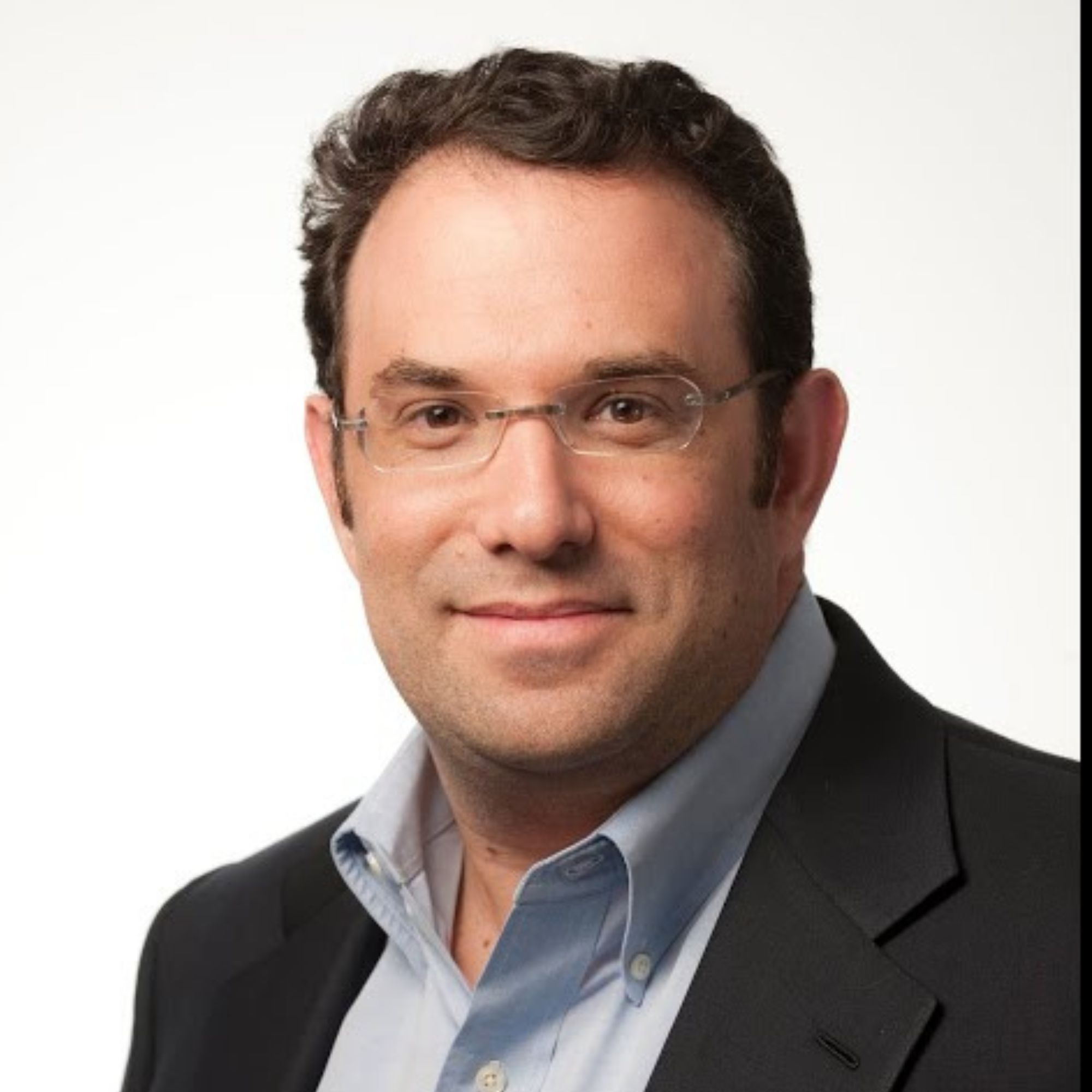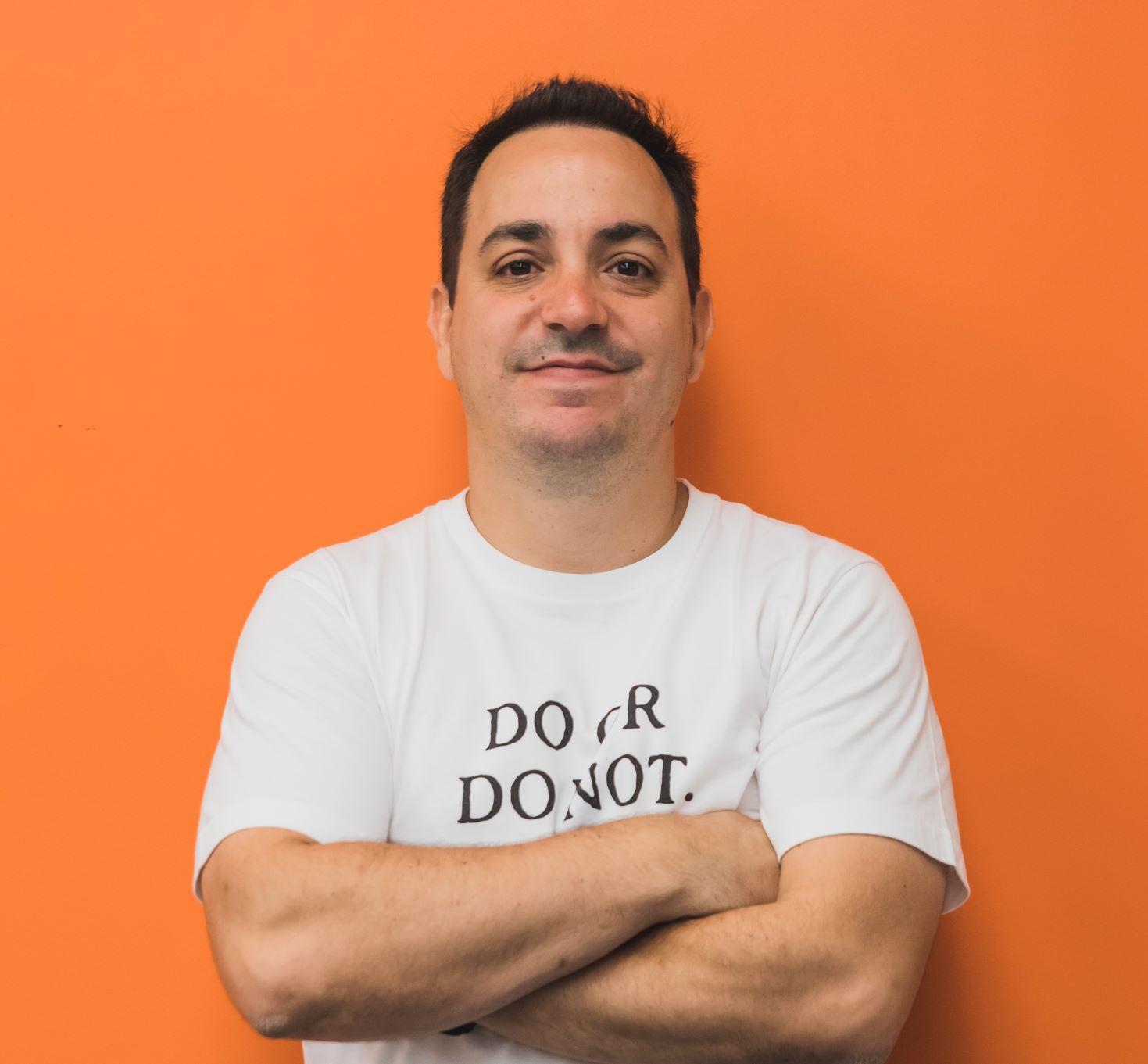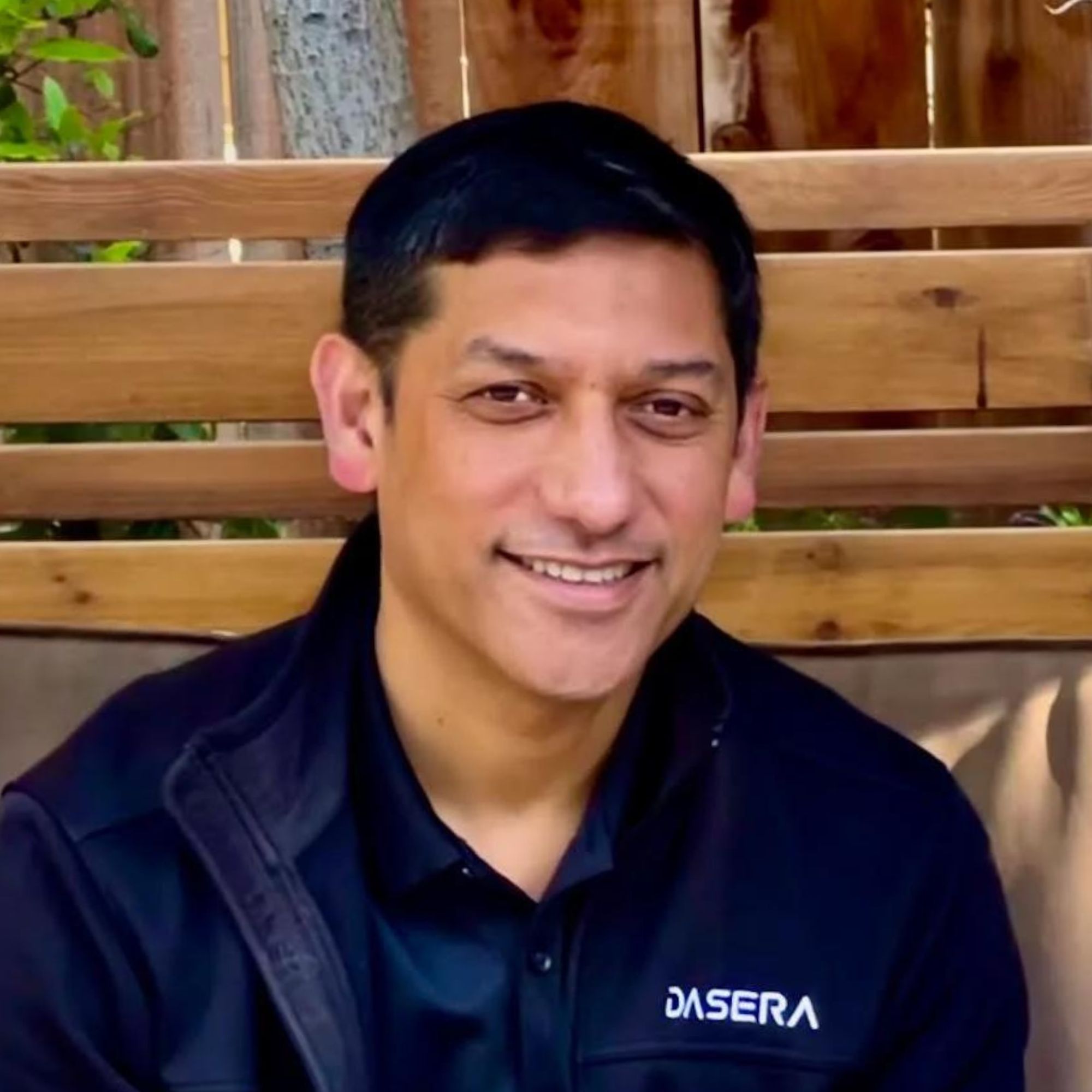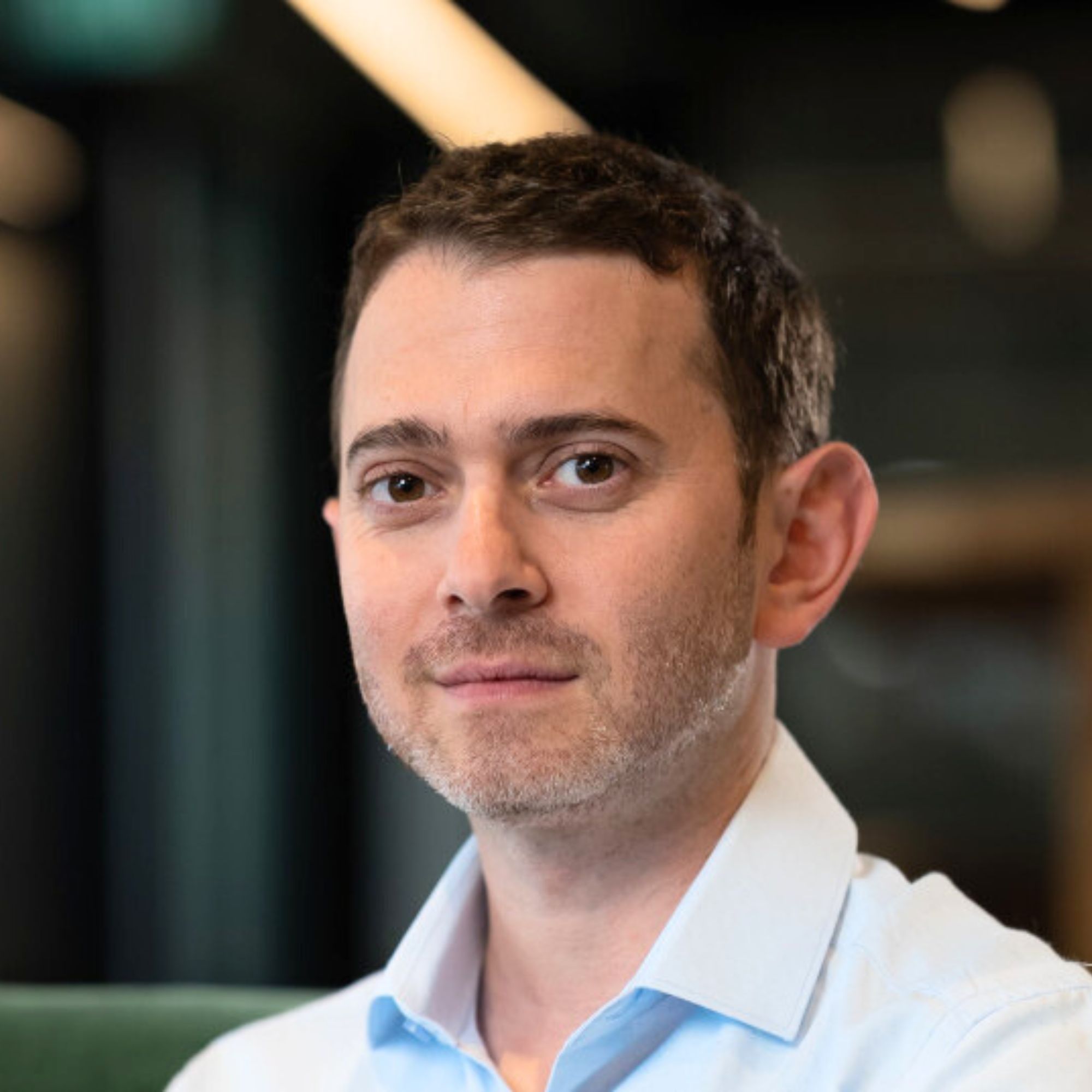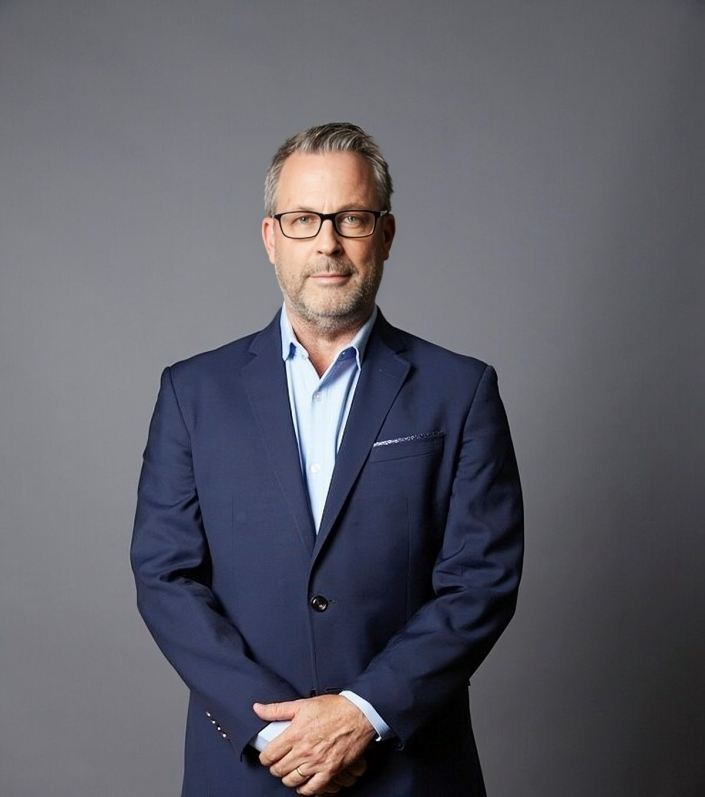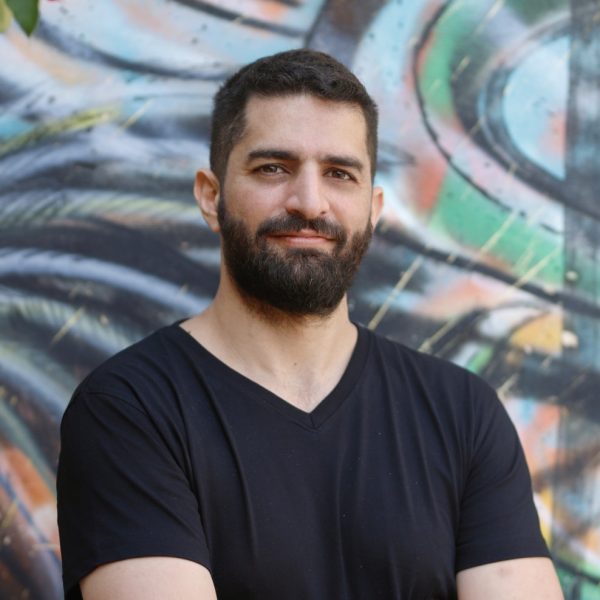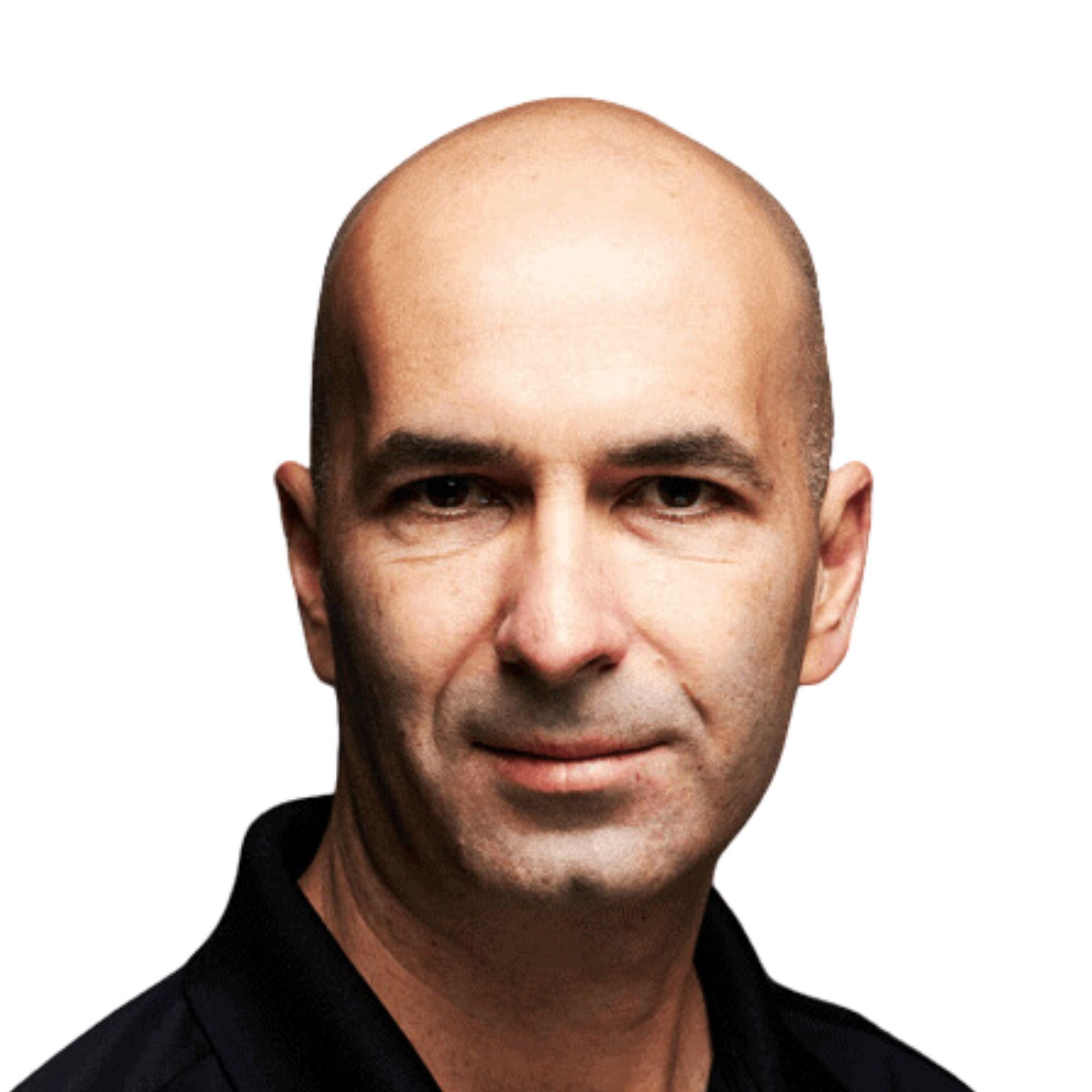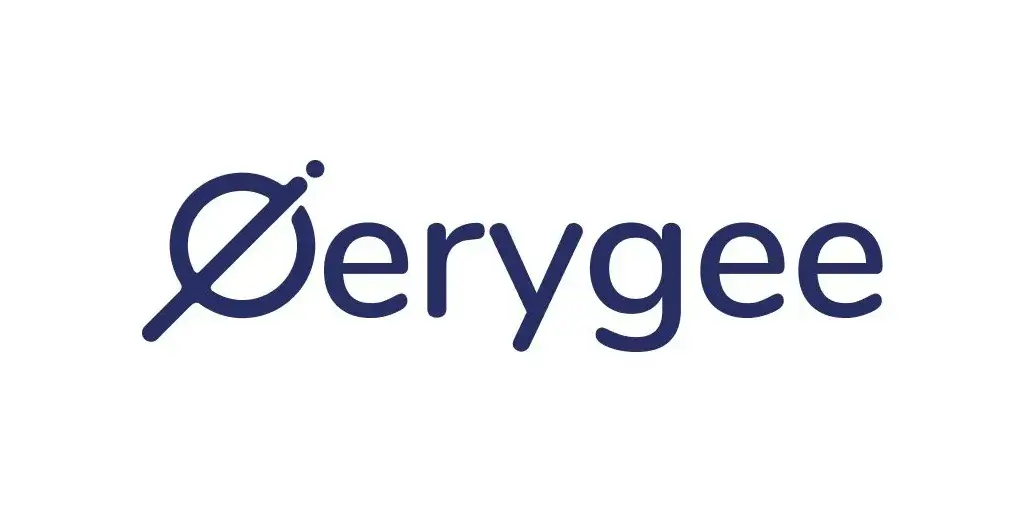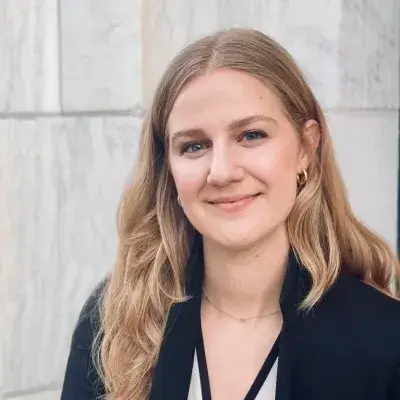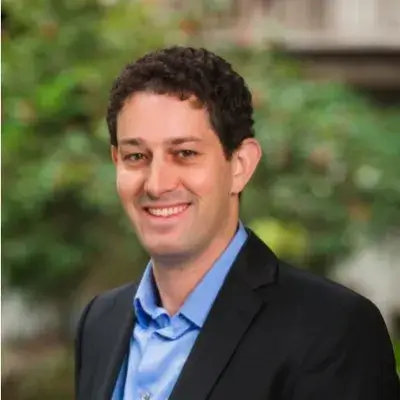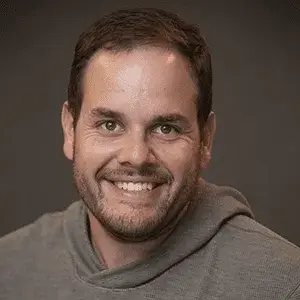Ready to launch your own podcast? Book a strategy call.
Frontlines.io | Where B2B Founders Talk GTM.
Strategic Communications Advisory For Visionary Founders
Conversation
Highlights
Finding the Sweet Spot: How OneLayer’s Founder Navigates the Space Between Red and Blue Oceans
Military intelligence units aren’t typically known as startup incubators, but in Israel’s tech ecosystem, they’ve become powerful proving grounds for entrepreneurs. In a recent episode of Category Visionaries, Dave Mor CEO & Co-Founder of OneLayer shared how his 15-year experience in Israeli military intelligence shaped his approach to identifying and capturing emerging market opportunities.
The Art of Market Selection
Ask most startup veterans about market selection, and you’ll hear familiar advice about red and blue oceans. But Dave reveals a fascinating pattern in how different Israeli military units influence founders’ market approaches. “If you are looking about the ex military guys, you have actually here several units,” he explains. “And there are guys that come in for one of the units that looking for the most red ocean and are sure that they can build the best product. And there are guys that coming from a different unit, they’re looking for the most blue ocean that can have a huge challenge to overcome.”
Instead of choosing either extreme, Dave advocates for finding the sweet spot in between. His approach? “I look for a new technology that is growing very fast. There is no engineering barriers for the technology to explode. But it hasn’t been touched enough yet, haven’t been solved the pain yet.”
From Problem Recognition to Market Opportunity
This strategy led Dave to identify a critical gap in enterprise security. As companies rushed to adopt private 5G networks, a pattern emerged: “Security taken as an afterthought at the beginning of the pilot stage,” he notes. “And then the it team want to connect this amazing network to the rest of the organization network and the CISO or other security teams say, stop, you cannot connect that to my network. Where is the security stack?”
Rather than building an entirely new security framework, OneLayer took a pragmatic approach. “We work very hard not to invent the wheel,” Dave explains. They started by examining how enterprises currently protect their IoT infrastructure, then identified the gaps in applying these existing solutions to private cellular networks.
Building Multi-Stakeholder Value
The team’s methodical approach to problem-solving reflects lessons learned from military service. “Once you allocate the right attention to details, once you’re breaking down, really, the challenge and the gaps and the barriers, once you’re bringing the best guy to your team, everything is impossible,” Dave shares.
This systematic thinking helped OneLayer create value for multiple stakeholders within enterprise organizations. As Dave describes, “We have the it that we simplify their life. We have the digital and innovation team that have the eager to push this domain forward and we have the economic buyer that really sees the value in the cost reduction once the product is being deployed.”
Navigating Growth and Fundraising
When it came to fundraising, Dave brought the same balanced approach to risk communication. Rather than following the common startup playbook of emphasizing upside while downplaying risks, he took a different path. “A lot of founders that I meet see in my ecosystem and also ask questions the past, try to highlight the upside, the positive side and ignore or reduce the downside of the risks and try to do the opposite.”
This transparency about challenges helped build credibility with investors. “If investors really see that allocating attention to your gaps and this is your mitigation plan, this is how you are not ignoring the risks, you are looking them straightforward… you are building a much more balanced company and not just have a great dream of a pink future.”
Looking Back to Move Forward
Reflecting on OneLayer’s journey, Dave emphasizes the importance of gathering market intelligence early: “As much as we receive more data we can move faster. So I would allocate much more attention of capabilities to open more doors, to have more dialogues, to learn more and having more capabilities of top of the funnel versus the bottom of the funnel.”
This focus on market understanding has paid off. Even as an early-stage company, OneLayer has faced “a challenge of over demand… because the domain is so defined, because IoT problems in enterprise domain is very clear, and because there is no good technologies that really designed for the private cellular because it’s a new domain.”
For founders navigating emerging markets, Dave’s journey offers a valuable lesson: success often lies not in choosing between established and uncharted territories, but in finding opportunities at their intersection. By combining systematic problem analysis with transparent stakeholder communication, teams can build sustainable growth in even the most complex enterprise environments.
Actionable
Takeaways
Identify Blue Ocean Opportunities:
When starting a company, Dav recommends looking for new technologies that are growing fast, have no significant engineering barriers, and have not yet been fully addressed by existing solutions. By targeting these "blue ocean" opportunities, founders can carve out a unique position in the market.
Simplify the Language for Customers:
In the case of private 5G cybersecurity, OneLayer recognized the importance of enabling security teams to use their existing methodologies and tools without requiring them to become cellular experts. By simplifying the language and integrating with familiar platforms, the company made it easier for customers to adopt their solution.
Create an ROI Model:
To drive adoption and win over economic buyers, OneLayer focused on creating an ROI model that demonstrated the cost savings and efficiencies gained by automating the onboarding of new use cases with the right security procedures and compliance. Founders should always consider how their solution can deliver measurable value to their customers.
Match Investors to Your Domain:
When fundraising, Dav advises founders to understand the different types of investors and their preferences, whether it's deep tech, corporate VCs, or classic cyber investors. By aligning your pitch and metrics with the most suitable investor profile for your domain, you can increase your chances of a successful raise.
Embrace Risks and Gaps:
Instead of downplaying the risks and challenges faced by your startup, Dav recommends openly acknowledging them and presenting a clear mitigation plan. By demonstrating that you have carefully assessed the risks and have a strategy to address them, you can build trust with investors and show that you are building a balanced, resilient company.



